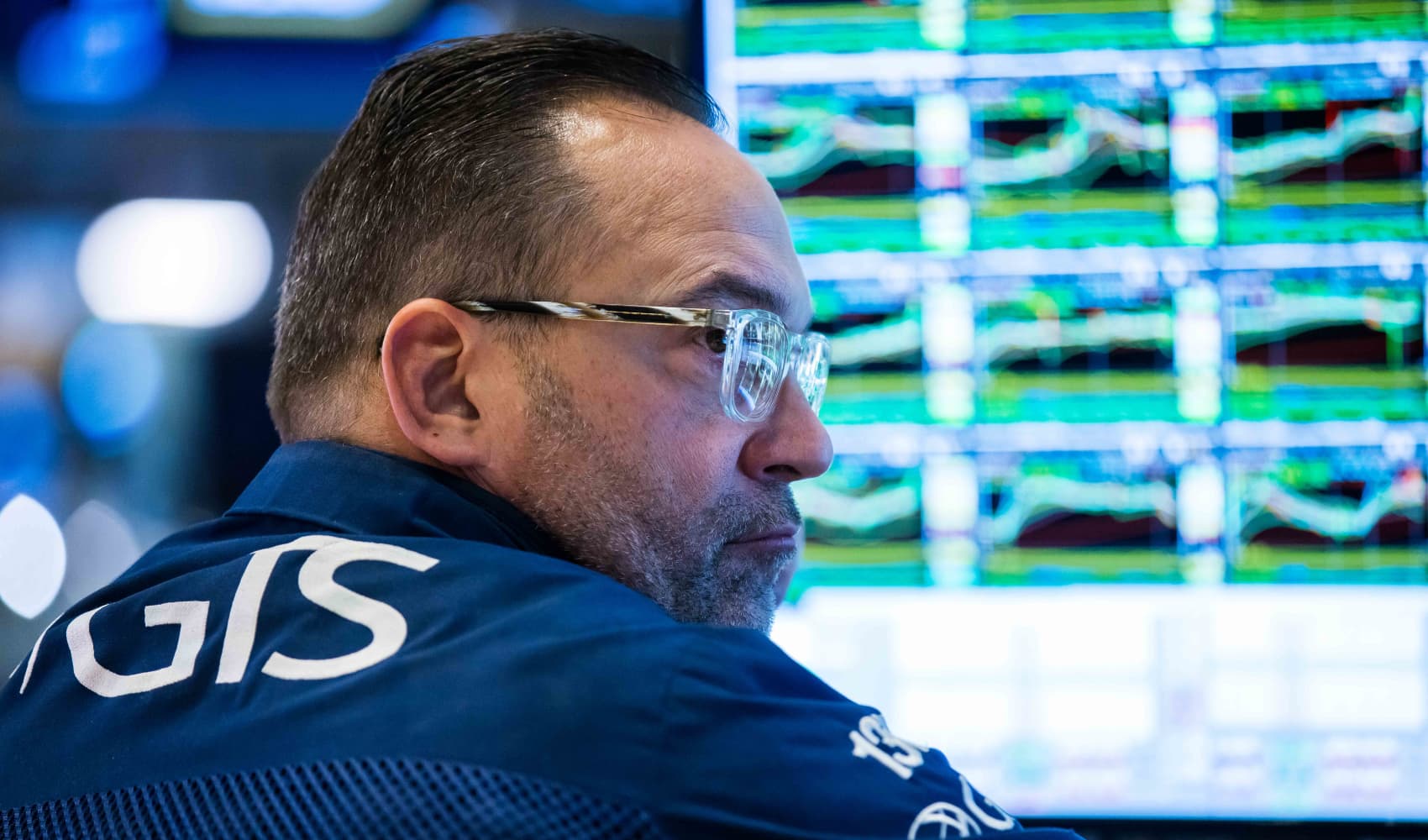
Jeremy Siegel
- "The fed funds rate right now should be somewhere between 3.5% and 4%," Wharton's Jeremy Siegel said.
- The Federal Reserve kept interest rates at 5.25% to 5.5% after its meeting last week.
- On Friday, the jobs report showed slower growth than expected and an unemployment rate that moved higher to 4.3%, its highest since October 2021.
Wharton's Jeremey Siegel on Monday called on the Federal Reserve to make an emergency 75 basis-point cut in the federal funds rate after Friday's disappointing jobs report.
In addition, there should be "another 75 basis-point cut indicated for next month at the September meeting — and that's minimum," Siegel, professor emeritus of finance at University of Pennsylvania's Wharton School, said on CNBC's "Squawk Box" on Monday.
Get Tri-state area news delivered to your inbox. Sign up for NBC New York's News Headlines newsletter.
"The fed funds rate right now should be somewhere between 3.5% and 4%," he said.
A basis point is 1/100th of a percentage point. A move by the Fed between meetings would be unusual, although not unprecedented.
The Federal Reserve kept interest rates at 5.25% to 5.5% after its meeting last week. On Friday, the jobs report showed slower growth than expected and an unemployment rate that moved higher to 4.3%, its highest since October 2021.
Money Report
That unemployment figure "blew through" the central bank's target unemployment rate of 4.2%, said Siegel, chief economist at WisdomTree. On top of that, inflation has gone down 90% towards the Fed's target of 2%, he added.
"How much have we moved the fed funds rate? Zero," he said. "That makes absolutely no sense whatsoever."
After Siegel's comments, Chicago Federal Reserve President Austan Goolsbee declined to comment on whether the central bank would make an emergency rate cut. However, if the economy deteriorates, the Fed will "fix it," he said on "Squawk Box."
Meanwhile, Siegel isn't concerned that an emergency cut will send the markets into a downward spiral. In fact, he thinks the market will welcome the cuts and "rips higher."
For instance, Fed Chair Alan Greenspan made an emergency 50 basis-point cut in early 2001 after not cutting at the December 2000 meeting — and the market rallied sharply, he said.
"Don't think that the Fed knows something. … Since when has the Fed known anything about the economy?" he said. "The market knows so much better than the Fed. They've got to respond."
If the Fed does not make an emergency cut before September's meeting, the market will react badly, Siegel predicted. "If they are going to be as slow on the way down as they were on the way up, which by the way was the first policy error in 50 years, then we're not in for a good time with this economy."






